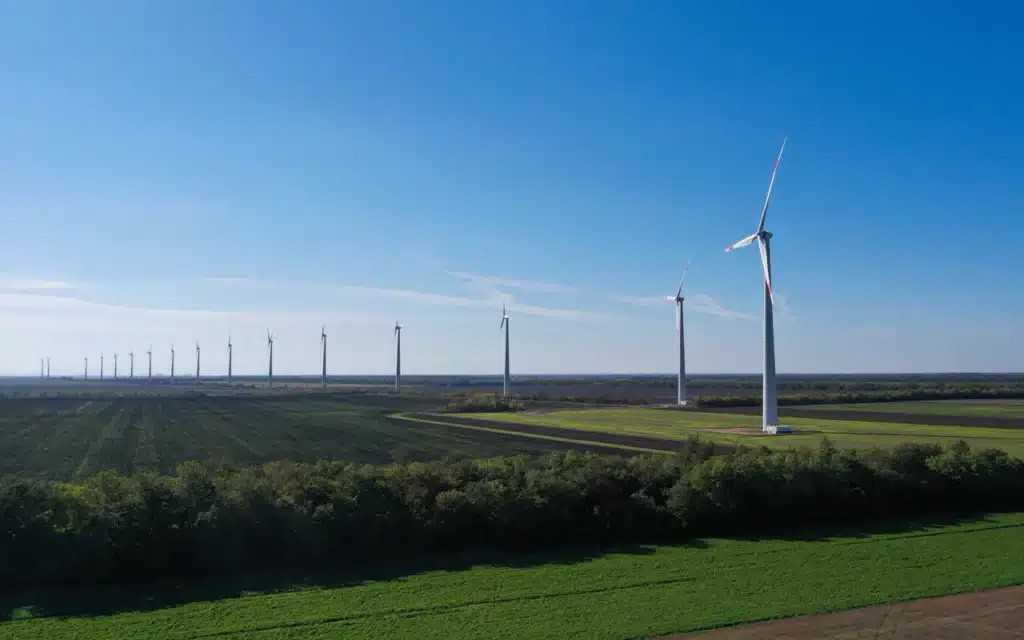The European Union has decided to postpone the reduction of the established ceiling for Russian oil prices from the current $60 to the estimated $45 per barrel. This decision is due to changes in the global energy market environment and the lack of a coordinated position with key partners.
Initially, the proposal to lower the price ceiling was considered as one of the measures to increase pressure on the Russian economy. However, the aggravation of the situation in the Middle East after the Israeli strike on Iran led to an increase in world oil prices, which made the planned adjustment less feasible in the short term. According to sources in European institutions, additional risks to the energy security of the region in the context of rising energy prices have become a key factor for revising plans.
An additional obstacle to lowering the price ceiling was the lack of support from the United States. Washington did not give a clear signal about its readiness to join the initiative to more strictly limit the cost of Russian oil, which, given the need for coordinated actions by the G7 partners, significantly reduced the chances of successful implementation of this measure.
Nevertheless, the work on strengthening the sanctions pressure continues. The new package of sanctions, which is scheduled to be discussed next Monday, retains provisions banning the operation of the Nord Stream gas pipeline. In addition, it is planned to expand restrictions on the use of the SWIFT system for new Russian banks, which is designed to increase financial isolation.
European politicians emphasize that further steps will depend on the development of the geopolitical situation and the dynamics of world markets. Decisions in the energy sector will be made taking into account both political objectives and the need to ensure the stability of energy supply within the EU.











